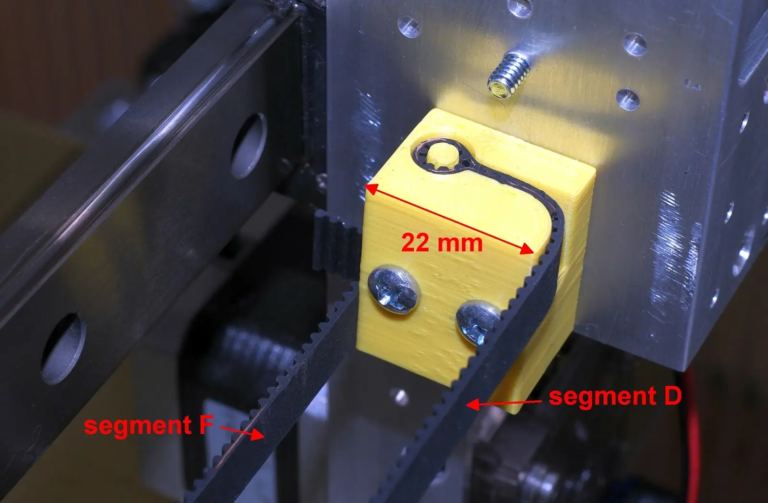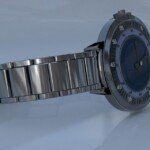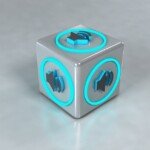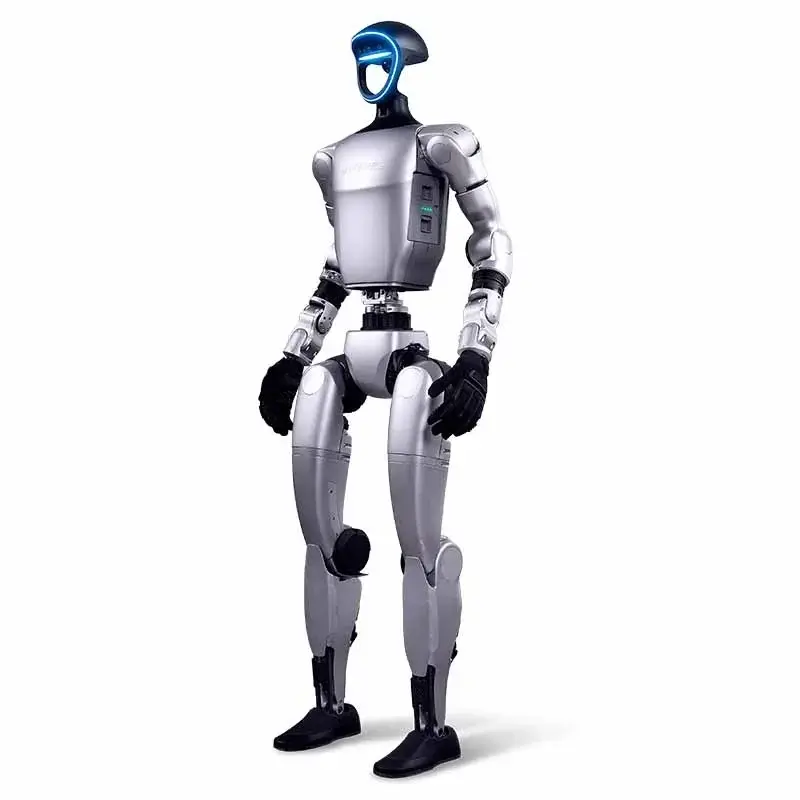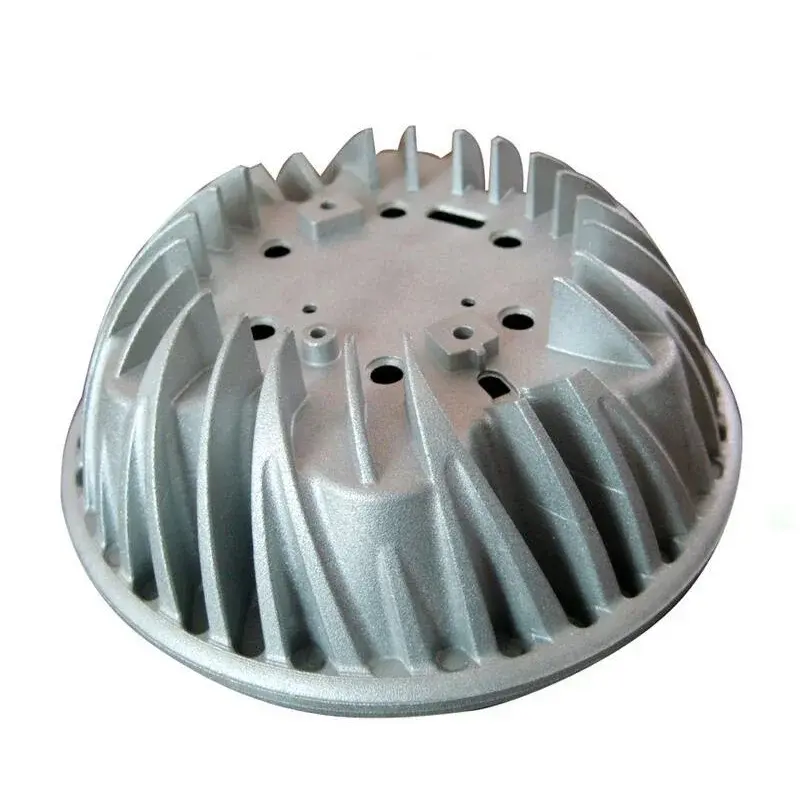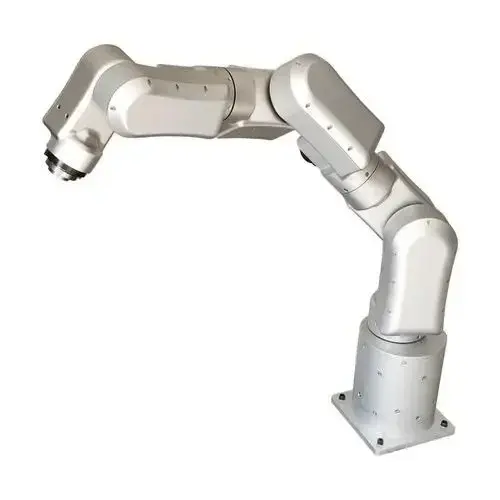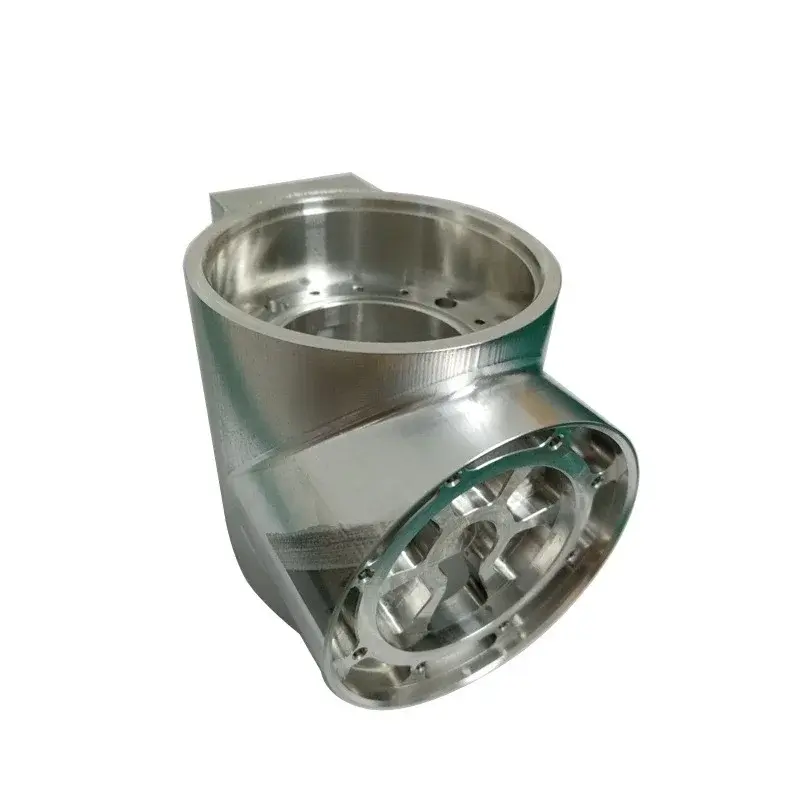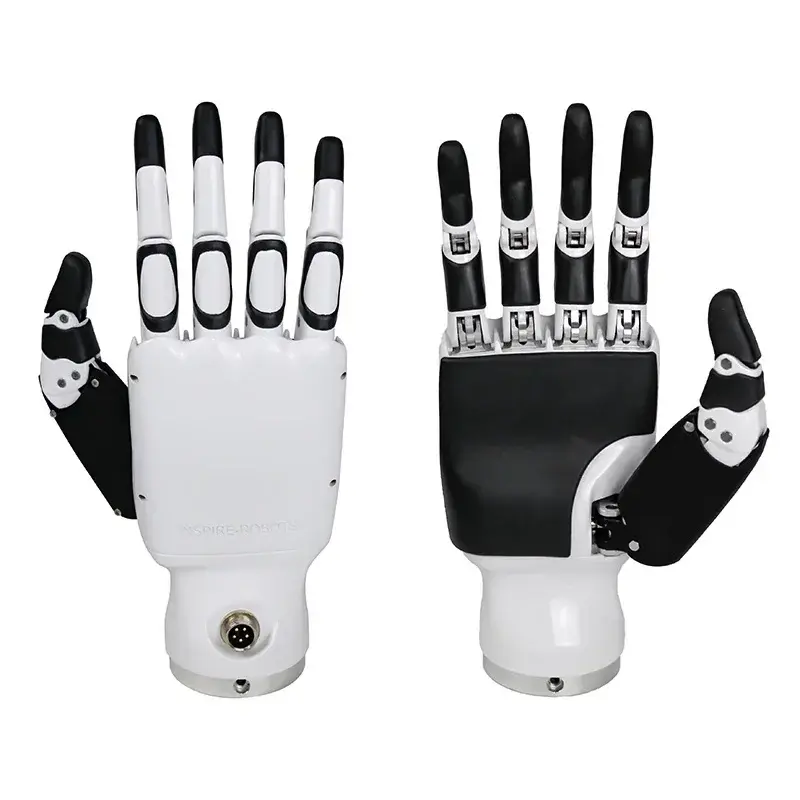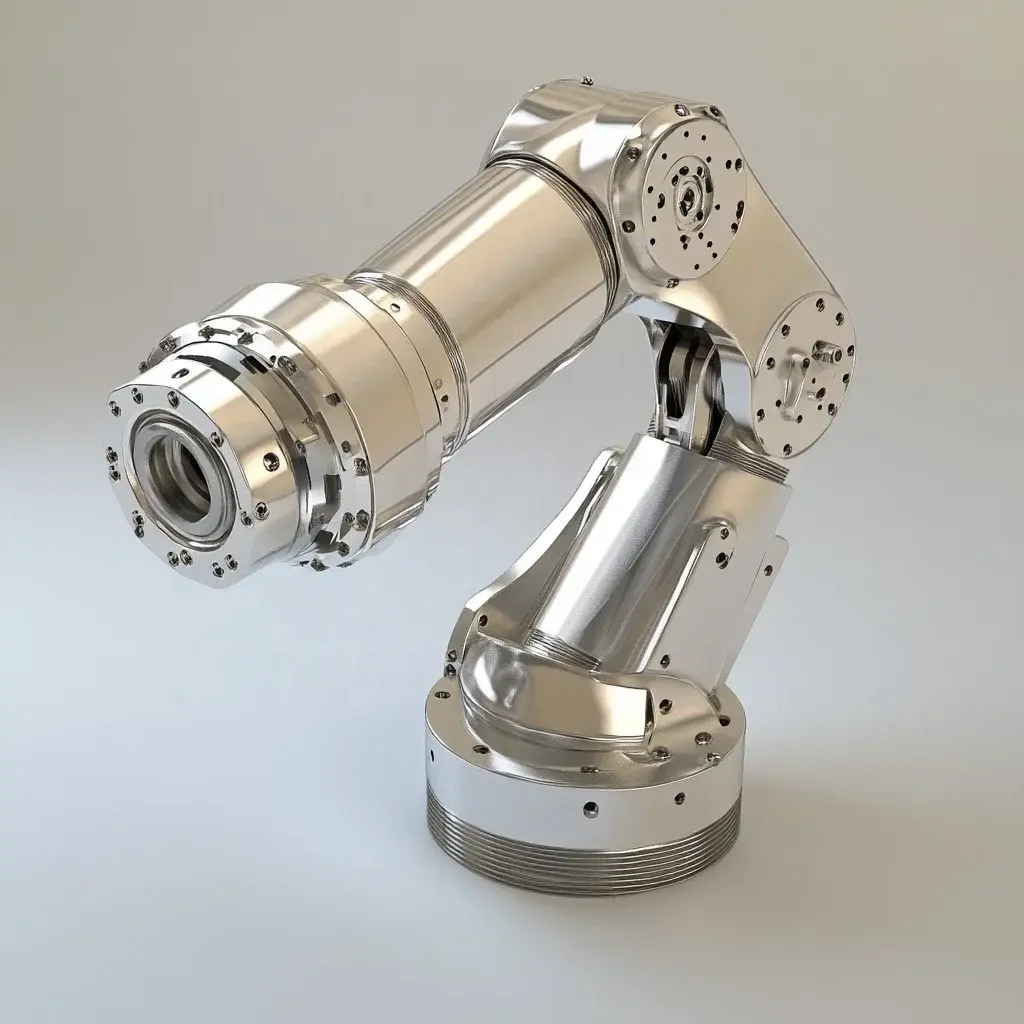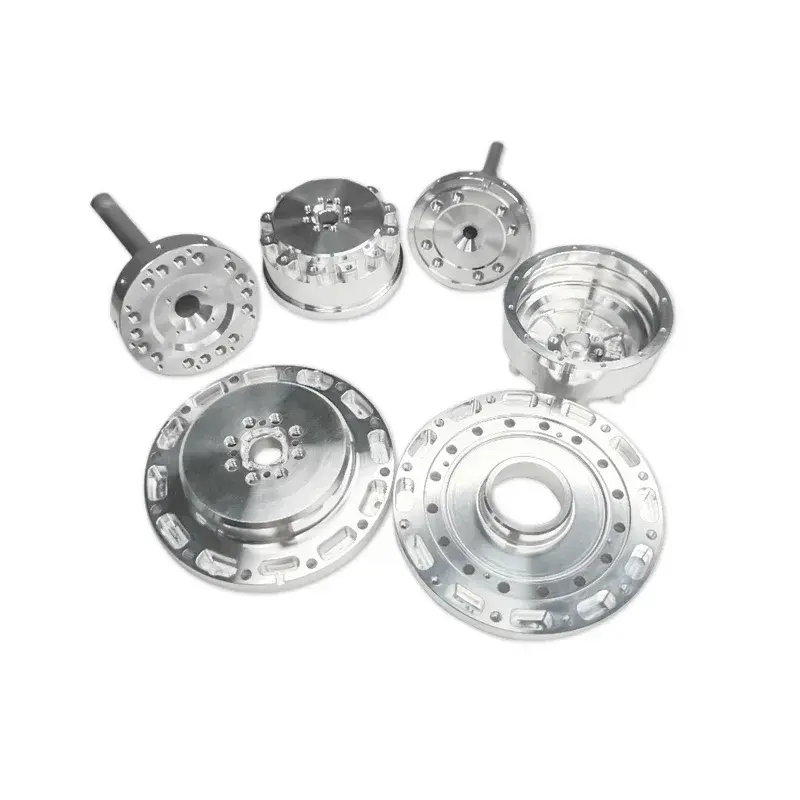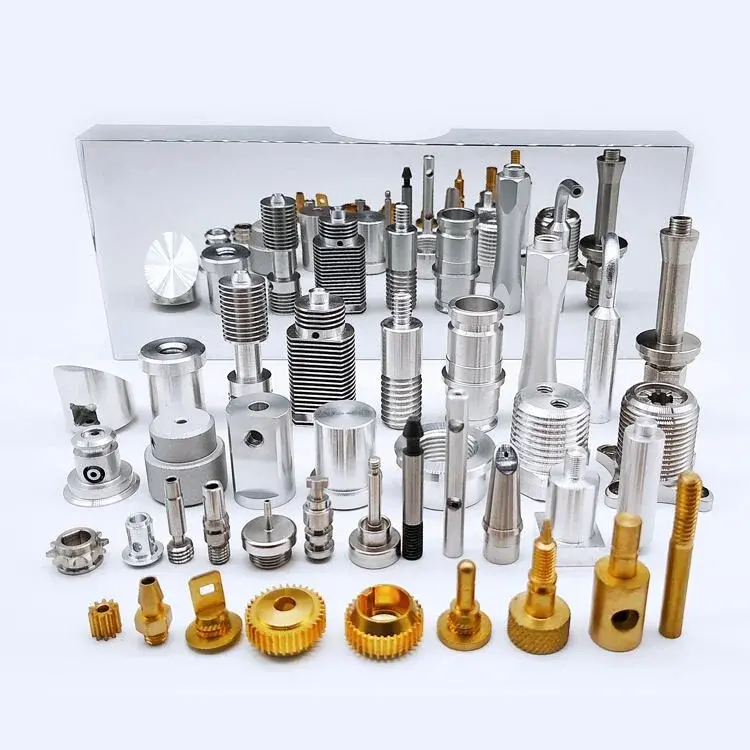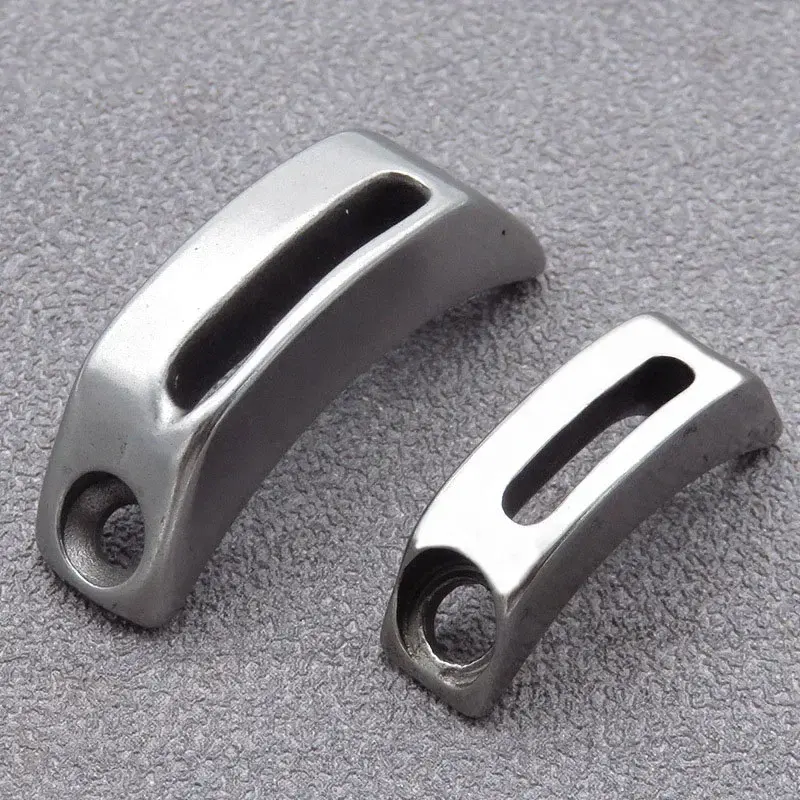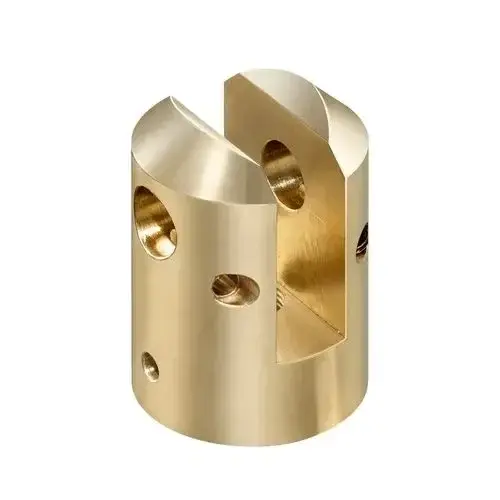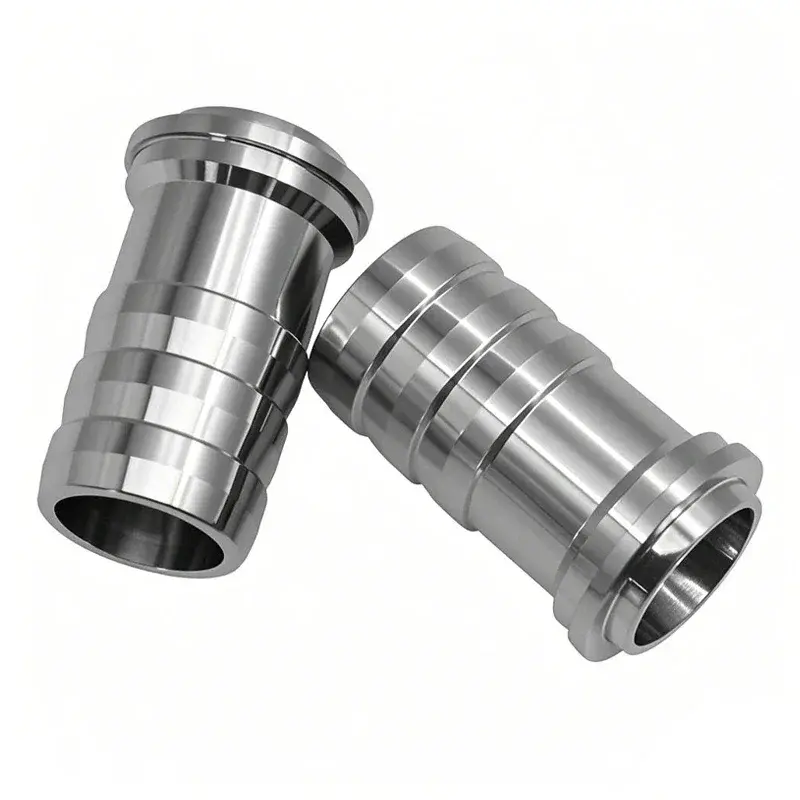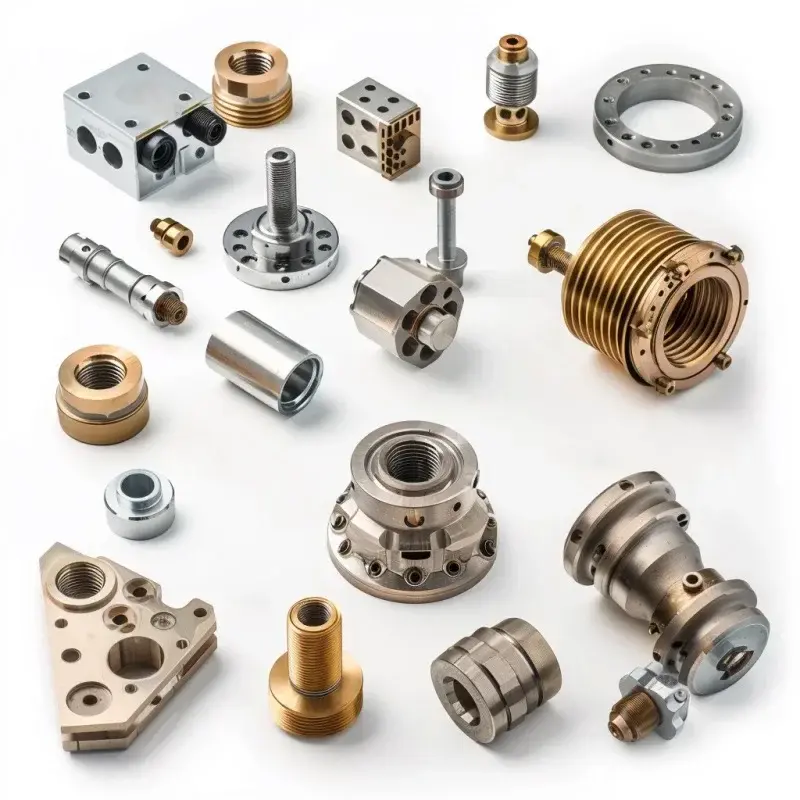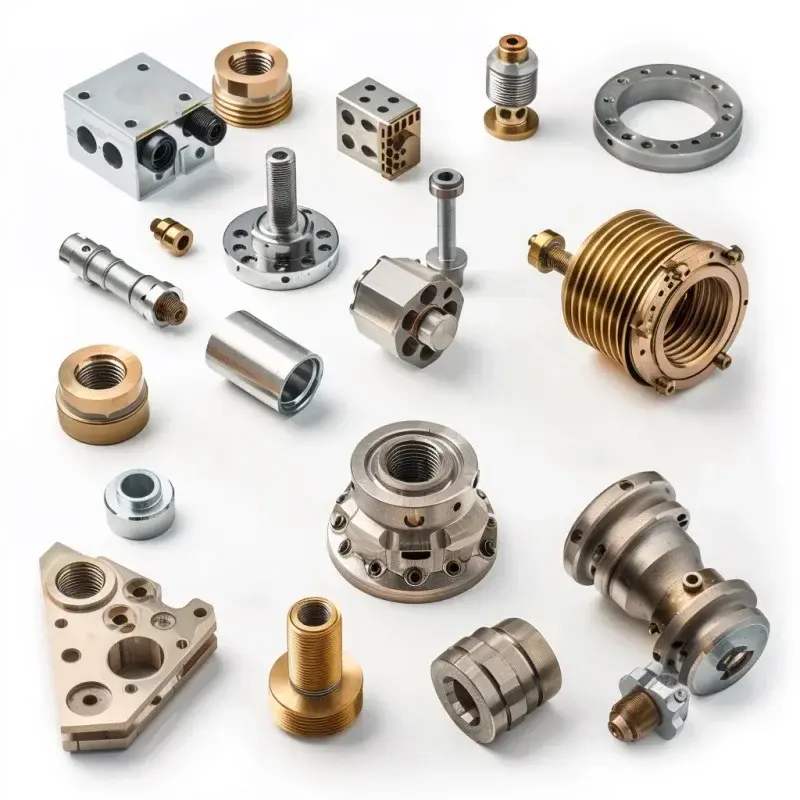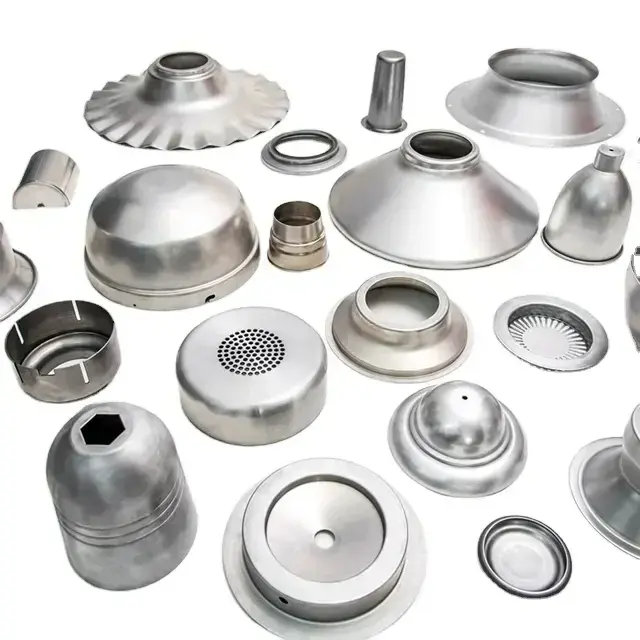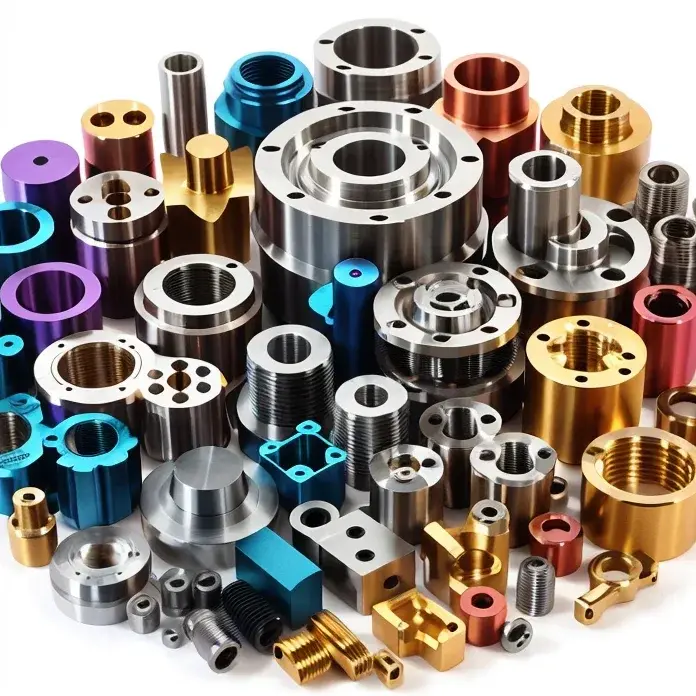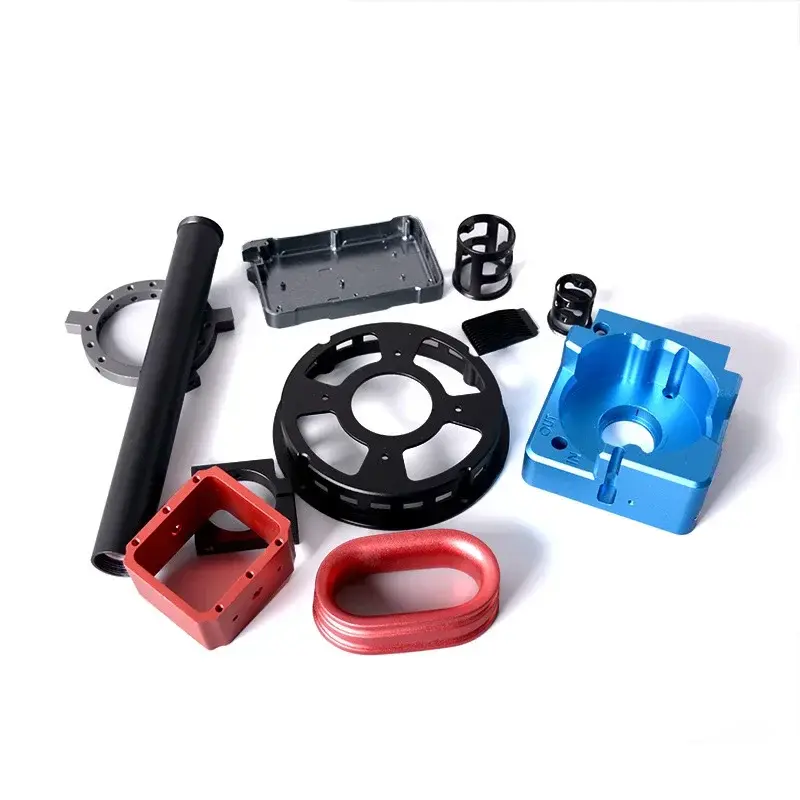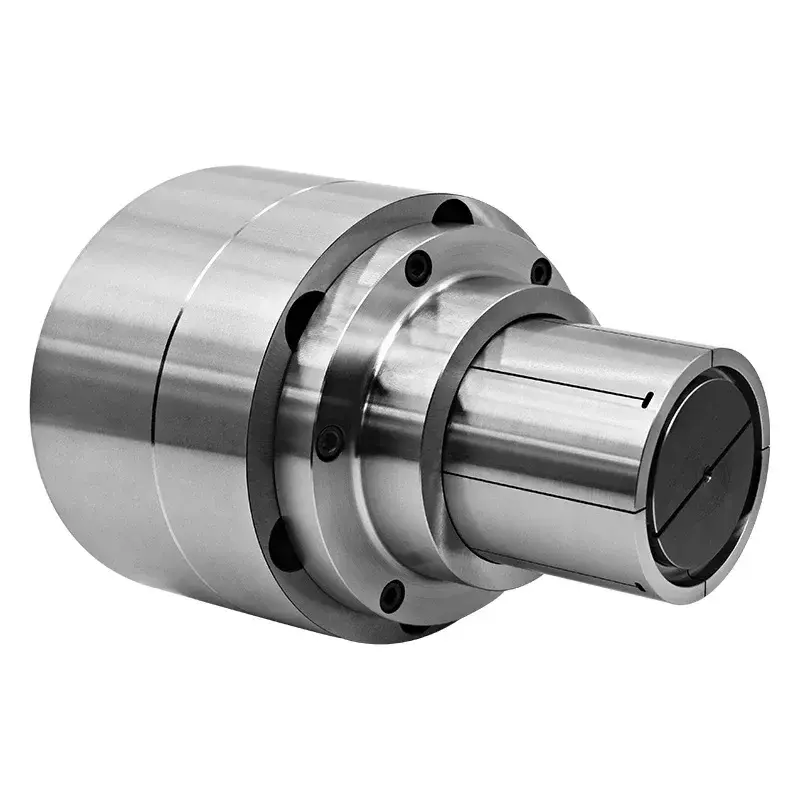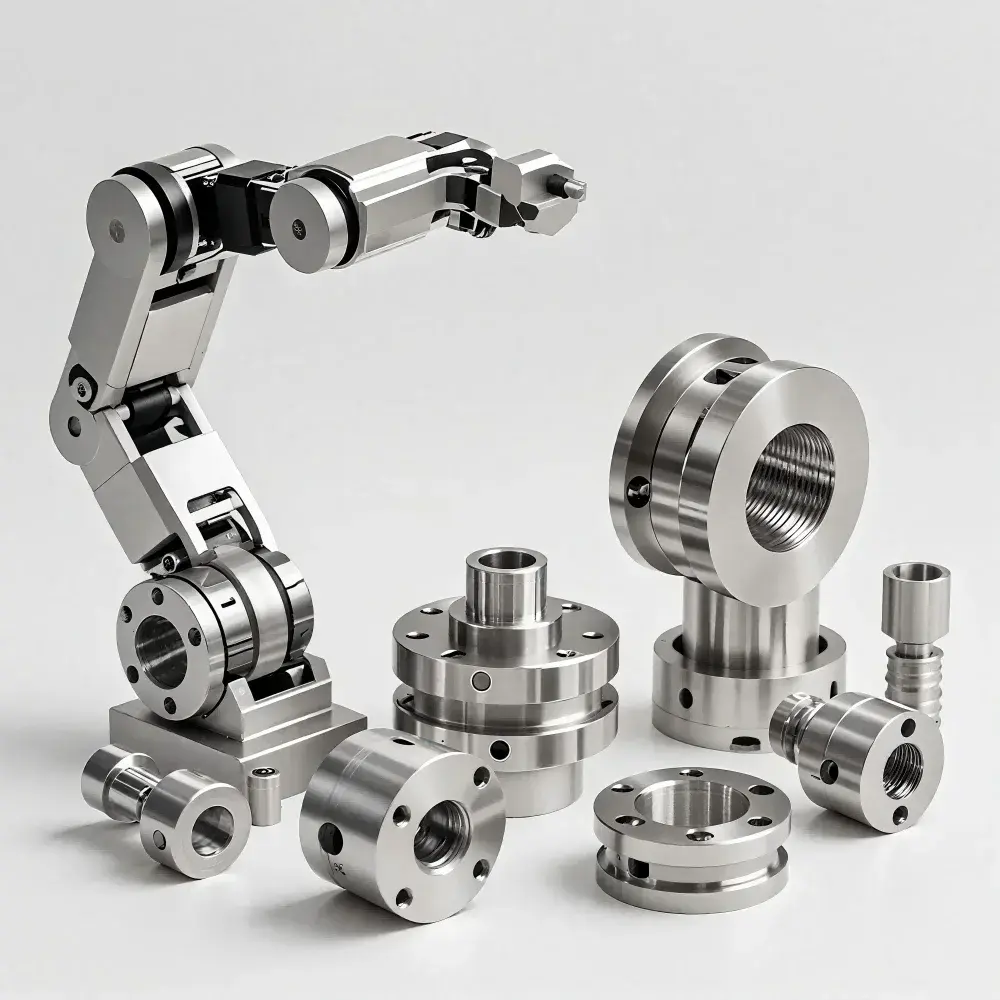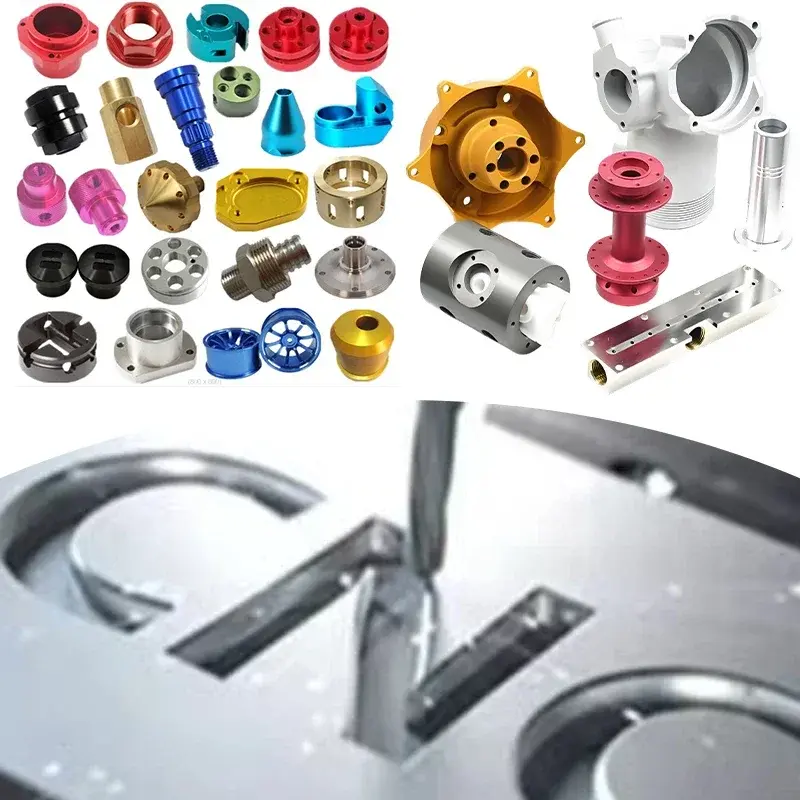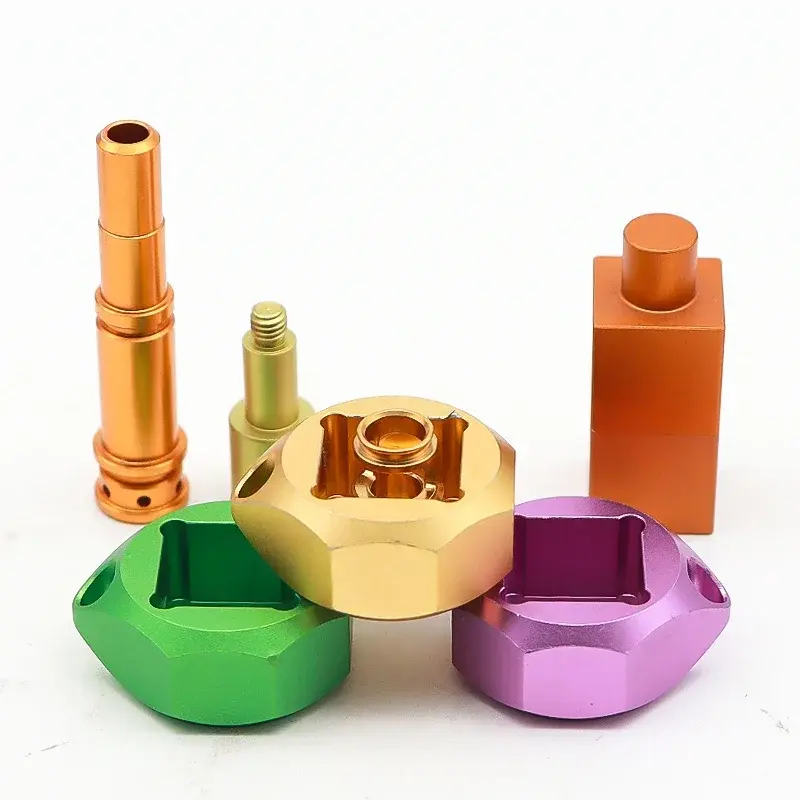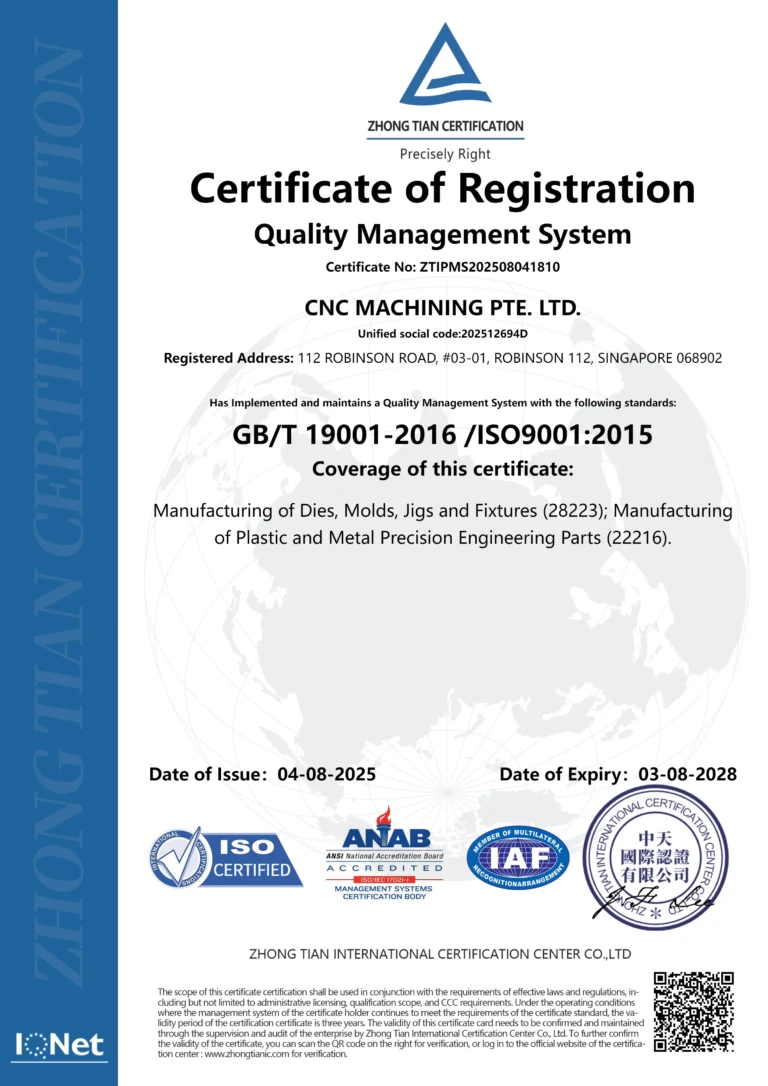The world of CNC machining continues to evolve, driven by the relentless need for greater precision, larger part capabilities, and greater efficiency. In the diverse field of CNC machine tools, CNC twin-column machines stand out, offering raw power and exceptional precision for demanding applications. Let’s take a deeper look at why this machine is crucial in various industries and the advantages it brings.
Understanding Architecture: Stability and Rigidity
The defining feature of CNC twin-column machines, also known as gantry milling machines, is their solid frame structure. Unlike cantilevered designs where the cutting head is supported on one side, twin-column machines feature two vertical columns that support a bridge structure across the work area. This arrangement provides unparalleled rigidity and stability during machining. Think of a strong bridge: two strong pillars supporting the road above. The same principles apply here, minimizing vibration and deflection, especially when handling heavy workpieces or making aggressive cuts.
This inherently stable design is critical to achieving tight tolerances and superior surface finishes. The minimization of vibration directly translates into increased accuracy and predictability, which are critical to producing high-quality parts.
Power at your fingertips: handling large and heavy workpieces
CNC twin-column machines are specifically designed to handle large and heavy workpieces. The sturdy frame can handle a lot of weight without sacrificing accuracy. This is a significant advantage across a variety of industries, including:
- aerospace: Machining large aircraft components such as wing spars, fuselage sections and engine casings.
- car: Manufactures stamping dies, molds for plastic parts and powertrain components.
- Heavy equipment: Manufacture of large gears, housings and structural elements for construction and mining machinery.
- vitality: Machining wind turbine blades, generator components and large valve bodies.
The vast capacity of these machines allows manufacturers to consolidate operations, reduce the need for multiple setups and increase overall efficiency.
Motion Precision: Advanced Control and Automation
In addition to structural integrity, CNC twin-column machines feature advanced control systems and automation features. These features significantly improve its accuracy and operational efficiency:
- High resolution encoder: They provide precise feedback on axis position, ensuring accurate movement and preventing errors.
- Thermal Compensation System: These systems actively monitor and compensate for thermal expansion and contraction, which is critical to maintaining accuracy in varying temperature environments.
- Automatic tool changer (ATC): The ATC system enables fast and efficient tool changes, minimizing downtime and maximizing productivity. The capacity of ATCs typically far exceeds that of smaller machines.
- CNC control system: Modern CNC control systems offer sophisticated programming capabilities that enable complex machining operations and optimized tool paths. These systems often include features such as tool load monitoring, collision avoidance and adaptive control to further improve performance.
- Five-axis machining capability: Many modern CNC two-column machines are equipped with five-axis capabilities. This allows complex geometries to be machined in a single setup, reducing the need for multiple setups and increasing accuracy and efficiency. Five-axis machining is particularly beneficial when creating parts with complex contours, undercuts, or angular features.
Beyond Size and Power: Key Benefits
Choosing a CNC dual-column machining solution offers several advantages:
- Excellent accuracy: Achieve tighter tolerances and improved surface finish.
- High rigidity: Reduce vibration and deflection during machining for more consistent results.
- Large workpiece capacity: Accommodates large and heavy parts.
- Improve productivity: Automated functions and fast travel speeds reduce cycle times.
- Versatility: Ability to handle a variety of materials and processing operations.
- Reduce setup time: Multi-axis capabilities can significantly reduce the number of setups required for complex parts.
- Improve part quality: Fewer setups and greater stability combine to produce consistently high-quality parts.
Gretel: Your precision CNC machining partner
At Honlaite, we understand the critical role precision machining plays in various industries. As a professional five-axis CNC machining manufacturer, we have advanced equipment and cutting-edge production technology specifically designed to solve the most challenging metal part manufacturing problems. We not only provide machining services, but also provide comprehensive one-stop post-processing and finishing solutions.
Our expertise covers a wide range of materials that can be quickly customized and machined to meet your specific needs. When it comes to custom precision machining, GreatLight offers the ideal combination of advanced capabilities, experienced professionals, and competitive pricing. Let us help you bring complex parts to life. Customize your precision parts now with GreatLight at the best prices!
Conclusion: The future of large-scale precision manufacturing
CNC twin-column machines are the cornerstone of modern manufacturing, offering a powerful combination of dimensional capabilities, precision and efficiency. Its ability to handle large, heavy and complex parts with extremely high precision makes it an indispensable asset for industries that require high-performance components. As technology continues to advance, these machines will undoubtedly play an even more critical role in shaping the future of manufacturing.
Frequently Asked Questions (FAQ)
Q: What is the difference between CNC milling machine and CNC gantry machine tool?
Answer: CNC milling machines usually use a cantilever design with the cutting head supported by one side, which limits its size and rigidity compared to CNC two-column machine tools. Twin-column machines have two columns supporting a bridge structure, providing superior stability and allowing the processing of larger workpieces.
Q: What types of materials can be processed by CNC gantry machines?
A: These machines can handle a variety of materials, including aluminum, steel, stainless steel, titanium, composites, and even some plastics. Specific material properties will depend on machine horsepower, spindle speed and tooling options.
Q: What are the typical applications of CNC gantry machine tools?
A: Typical applications include machining large aircraft components, automotive stamping dies, plastic component molds, heavy equipment components, and energy sector components (wind turbine blades and generator components). Any industry that needs to machine large, heavy or complex parts can benefit from using these machines.
Q: What is five-axis machining?
Answer: Five-axis machining is the ability of an index-controlled machine tool to move on five different axes simultaneously. This allows complex geometries to be machined in a single setup, reducing the need for multiple setups, improving accuracy, and allowing for more complex part designs.
Q: Should I invest in my own CNC twin-column machine or outsource the work?
A: This decision depends on several factors, including your production volume, budget, expertise and available floor space. Outsourcing to a company like GreatLight can be a cost-effective solution, especially for companies that don’t have the in-house expertise or capital to invest in their own machinery. Owning a machine provides greater control and flexibility, but requires significant upfront investment and ongoing maintenance.
Q: What is the importance of thermal compensation in CNC gantry machines?
A: Thermal compensation helps maintain accuracy by automatically adjusting for temperature changes that cause machine structures and workpieces to expand or contract. This is critical to achieving tight tolerances, especially during long machining operations.
Q: How can GreatLight help with my CNC machining needs?
A: Ferrite provides a full range of CNC machining services, including five-axis milling, turning and grinding. We specialize in manufacturing custom precision parts from a variety of materials. Our advanced equipment, experienced team, and commitment to quality make us the ideal partner for your next machining project. We also offer one-stop post-processing and finishing services to ensure your parts meet the highest standards. Contact us today to get a quote!
